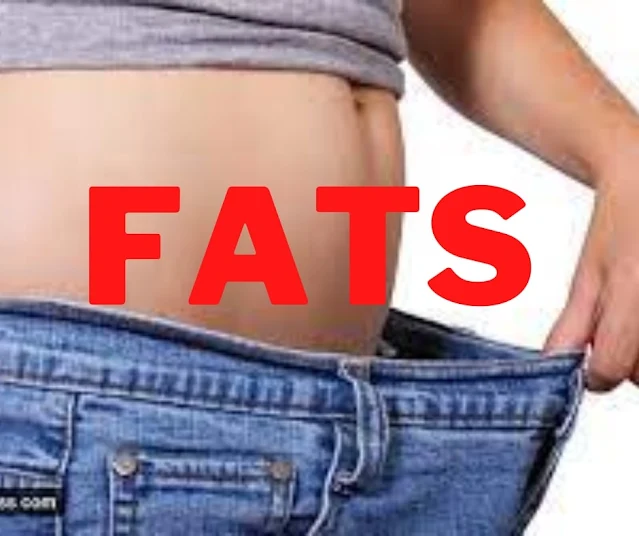How much fat you need in a day seems
like an endless discussion: are fats good for you or not? Research has
shown that fats are indeed important for our bodies.
Why are fats good for us?
Fats provide energy. Our body takes longer to process this
nutrient, which also makes us feel full for longer. In addition, fats are
a source of essential fatty acids that our body cannot produce themselves, but that
are necessary for the proper functioning of your brain, heart and immune
system. There are also a number of fat-soluble vitamins that you can only
get from fats, namely vitamins A, D, E and K.
What are the risks if you don't get enough fat?
Firstly, you miss those important fat-soluble vitamins and essential
fatty acids. In addition, fats also neutralize the fluctuations in your
blood sugar that carbohydrates cause. The well-known highs and lows in
your energy level can be prevented with this. Ingesting too few fats can
also result in overeating. Healthy fats work together with the satiety
hormone cholecystokinin so that your brain knows when you are full.
How much fat should you consume per day?
As with all foods, it is also important to always eat fats in
moderation. With about 9 calories per gram, this source of energy is a fat
maker compared to proteins and carbohydrates, which contain 4 calories per
gram. According to the Nutrition Center, the minimum requirement for fat
is about 20 to 40% energy. An energy percentage is a share of the
number of calories that food supplies. For an average man, this is
about 100 grams of fat per day, for an average Dutch woman about 80 grams per
day. Try to eat mainly unsaturated fats, and the risk of cardiovascular
disease drops considerably.
There are so many grams of fat in the products that may also be in your
kitchen:
· Half an avocado: 15 grams
· 10 almonds: 5 grams
· 28 grams of cheddar cheese: 9.3 grams
Which fats are the best to choose?
Polyunsaturated fats: nuts, seeds, sunflower oil and sesame oil.
Monounsaturated fats: olive and rapeseed oil, nuts, seeds and avocado.
Omega-3 essential fatty acids: oily fish, such as mackerel, salmon and
sardines. But also rapeseed, hemp seed oil, linseed oil, pecan nuts and
walnuts.
This advice is for
informational purposes only and is not intended to replace medical advice or
medication. Please contact your general practitioner or specialist before
applying the advice on this website.



